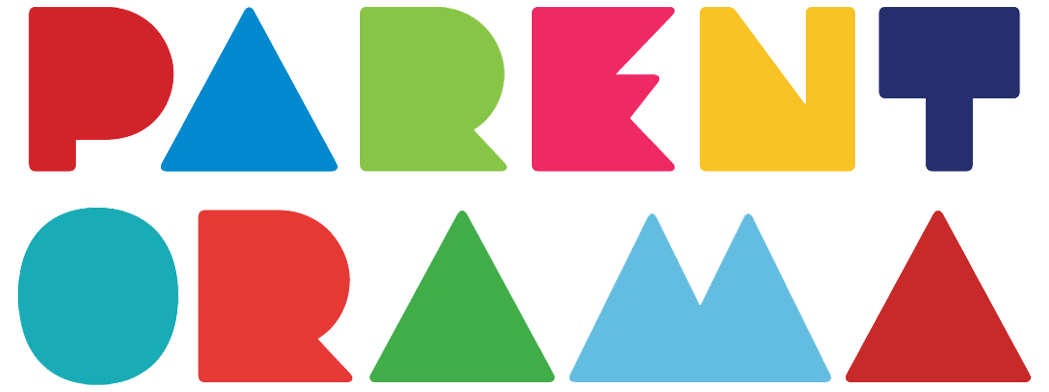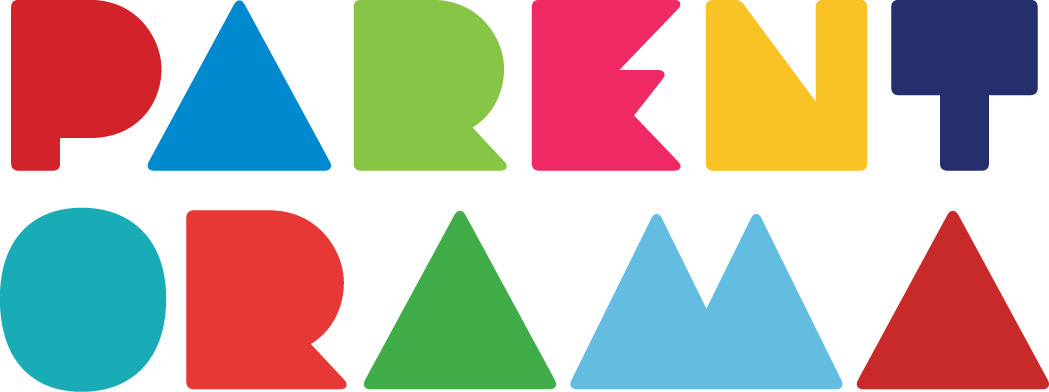Childhood Anemia: The Foods That Are Essential
Childhood anemia is a problem with different types, types that are formed depending on the deficiency of specific nutrients
What is childhood anemia?
Anemia is defined as a blood disease characterized by low levels of red blood cells. Specifically, the function of these cells is to transport oxygen from the lungs to the other tissues.
However, when the number or shape of these cells is insufficient, their function becomes ineffective. As a result, the child may experience certain symptoms such as fatigue, dizziness, paleness, or difficulty concentrating
What are the types of anemia that affect children?
On one hand, when iron levels in the body fall below the desired threshold, the body develops a type of anemia called iron deficiency anemia.
On the other hand, if there is inadequate intake of vitamin B12 or folic acid—which contribute to the structure and production of red blood cells—then the levels of these cells in the blood decrease. As a result, the cells adopt an abnormal shape that prevents them from functioning properly, thus developing another type of anemia known as megaloblastic anemia.
What foods contribute to the fight against anemia?
Στην παιδική αναιμία παίζει σημαντικό ρόλο η διατροφή γι΄ αυτό πρέπει να καταναλώνονται, μεταξύ άλλων, και οι ακόλουθες τροφές:
- Eggs: They are a good source of iron and vitamin B12, as well as vitamin A, biotin, and protein
- Lentils: Legumes are also a good source of iron, and they also contain plant compounds that promote its absorption in the intestine.
- Fish: Experts recommend including fish in the diet of children with anemia at least 3 or 4 times a week.
- Nuts: In addition to omega-3, nuts provide a good amount of iron (pine nuts and pistachios) and folic acid (almonds and walnuts).
- Green leafy vegetables: They are an excellent source of folic acid, and with a serving in your main meals, you already reach the recommended daily intake of this vitamin.
- Red meat: Besides being an excellent source of protein, meat is rich in iron and vitamin B12. However, children should consume meat only 1 to 2 times a week.
- Mussels: These are considered one of the best sources of iron, but they also contain lower amounts of vitamin B12. Therefore, a serving per day achieves the recommended daily intake (RDI) of these micronutrients.
Foteini Adriana Stamoyiorgou



